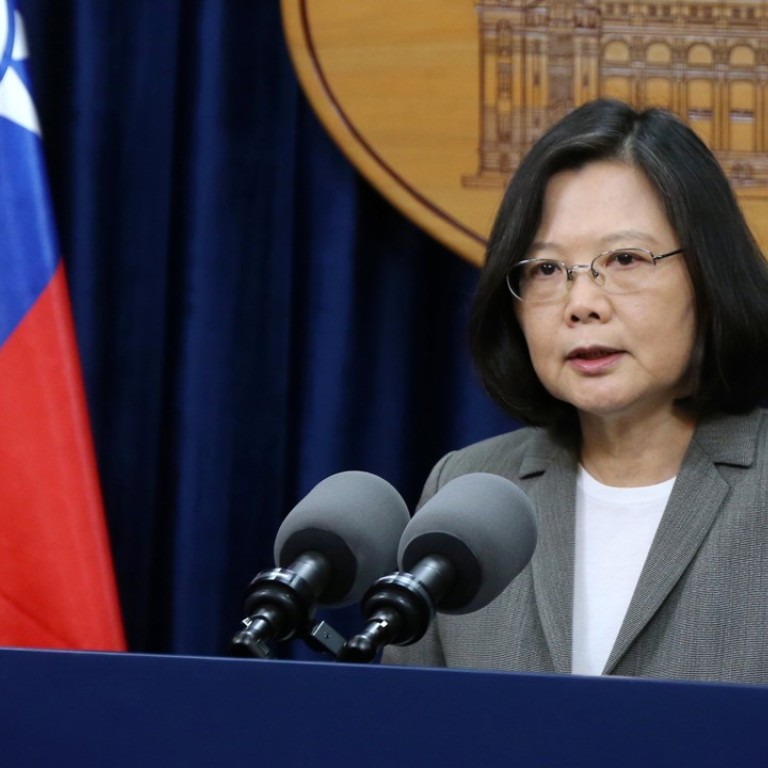
Beijing’s stealth boycott looms over World University Games in Taiwan
Much reduced delegation at Universiade indicative of rising tensions across Taiwan Strait
Next month’s World University Games in Taipei have become the latest focal point of tensions between the mainland and Taiwan, with many mainland athletes staying at home.
No mainland teams will take part in the global sporting event that begins on August 18 – the largest yet hosted by the diplomatically isolated Taiwan. While Beijing has denied any official boycott, it’s the first time in four decades that the games, also known as the Universiade, won’t feature team competitors from the mainland.
In a possible sign of relief for Taiwan, at least 180 athletes from the mainland had signed up between Friday and Sunday to participate in individual events, as opposed to team sports. The registration deadline closes on Wednesday.
The diminished mainland delegation thrusts the competition into the middle of a flare-up of the cross-strait dispute. President Xi Jinping has been seeking to isolate his Taiwanese counterpart Tsai Ing-wen over her refusal to publicly endorse the idea that Taiwan is part of China.
Since Tsai took office in May 2016, Beijing has picked off two of the island’s few remaining diplomatic partners. The government in Beijing has curbed tourist trips, pushed foreign countries to deport Taiwanese criminal suspects to the mainland and blocked the island from participating in international bodies.
“A [mainland] boycott will have a very big impact,” Chen Mu-min, a professor at National Chung Hsing University in Taiwan, said by phone. “It sends a very strong message to the Taiwanese public; cross-strait relations are bad right now. We won’t support or participate in an event you have organised.”
Beijing previously informed the International University Sports Federation that it wouldn’t send athletes to compete in any team events in Taipei. A spokesman for the Taiwan Affairs Office told reporters in May that the schedule conflicted with the country’s own national games scheduled to begin on August 27.
The Taiwan-based China Post newspaper reported that Taipei Mayor Ko Wen-je told reporters earlier this month that he had dismissed requests from mainland officials to block Tsai’s participation in the opening ceremony and to downgrade any references to her as Taiwan’s “leader” rather than “president”.
Any attempt to exert political pressure over a sporting event runs contrary to Beijing’s oft-stated position in the run-up to the 2008 summer Olympic Games, which it hosted. In the face of international criticism over press freedoms, pollution and human rights, then president Hu Jintao urged foreign reporters not to mix politics and sports.
“[The mainland] wants to show it’s unhappy about the state of cross-strait relations,” said Chang Ya-chung, a professor at National Taiwan University’s department of political science. “This will play on the minds of non-governmental groups organising any kind of exchanges.”

